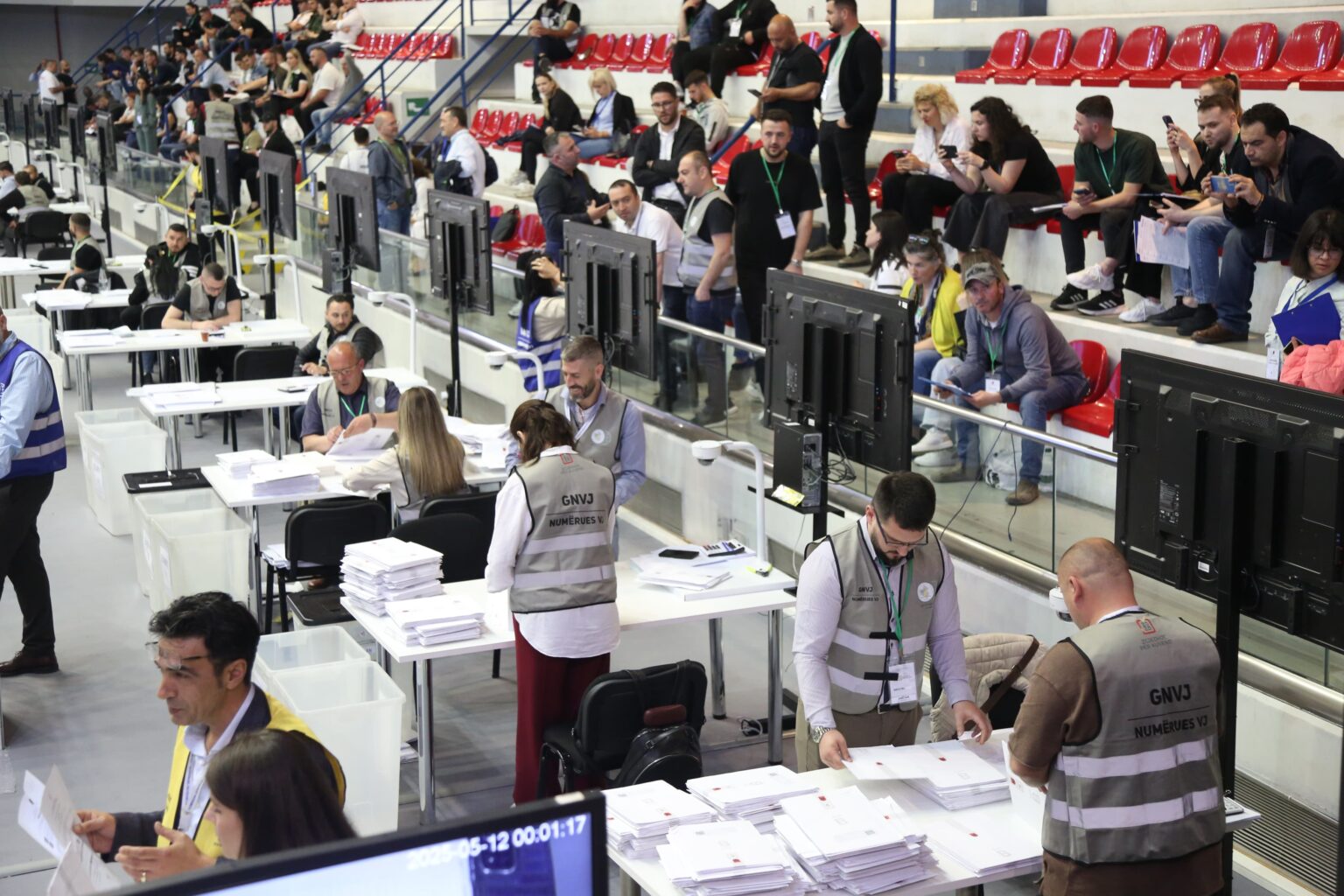Edi Rama and Socialist Party on track to landslide victory that secures them fourth term

As vote counting continues in Albania, results with 28% of the ballots counted show the Socialist Party (SP) headed toward a decisive victory in the May 11 parliamentary elections. Based on the latest data, PS is projected to win 83 seats in the 140-member parliament, positioning Prime Minister Edi Rama for a historic fourth term.
Why is this important: The results so far mark a sweeping win for the Socialists, who are gaining seats across nearly every district in the country. The opposition, led by Sali Berisha and the Democratic Party (DP) coalition, is experiencing a veritable collapse—falling to just 50 seats, a significant drop from their 63 in 2021. The diaspora vote is also leaning toward SP, albeit with a narrower margin. It currently leads with 47.23% compared to DP’s 38.60%.
Context: SP has overturned previous opposition strongholds, most notably in Dibër and Lezhë. In Dibër, the Socialists have increased their share of the vote to an astonishing 58.6% and gained a third seat, flipping one from the opposition. A similar shift occurred in Lezhë, where SP now leads with four seats to DP’s three.
In Elbasan, SP has expanded its hold by gaining two additional seats, reaching a total of 10, while DP drops to 4. Fier has seen an even more dramatic change, with SP growing from 9 to 12 seats, taking three from the opposition.
Tirana, the country’s largest electoral district, is also favoring SP, which holds 19 projected mandates compared to PD’s 14—a loss of three seats for the opposition compared to 2021.
Meanwhile, smaller parties are securing a modest presence. The Social Democratic Party (PSD), Nisma Shqipëria Bëhet, Partia Mundësia, and Lëvizja Bashkë are each projected to win one to three seats based on current tallies.
What’s next: Counting continues, but with nearly a third of voting centers already tallied, the trajectory appears clear: a strong PS majority, a fractured and weakened opposition, and gains for a few smaller political movements. If current trends hold, the 2025 election will go down as one of the most one-sided in recent Albanian history.


